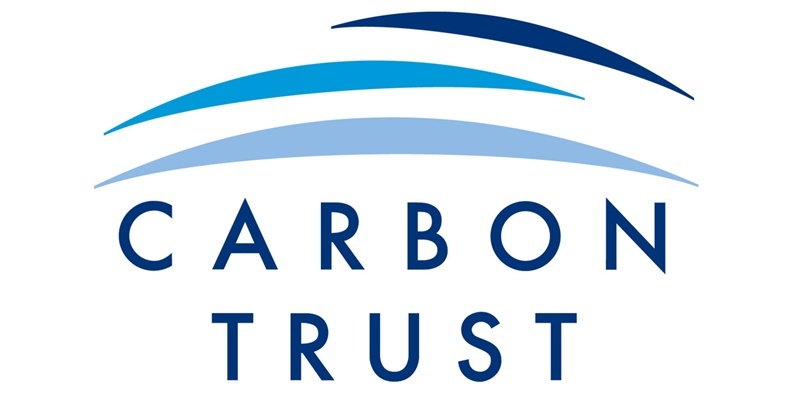The SNP’S ambitious plans to generate 100% of Scotland’s electricity from renewable sources by 2020 have been given a major boost after a new report claimed the UK could capture a quarter of the entire global marine energy market.
The report by the Carbon Trust says the marine energy market could be worth the equivalent of £76 billion to the UK economy by 2050 and bring 68,000 jobs.
Marine energy involves capturing the kinetic energy of the oceans and using it to generate electricity.
First Minister Alex Salmond has insisted Scotland can produce all the electricity it needs from renewable sources in less than a decade. He said achieving this would create thousands of jobs in Scotland, particularly in the marine energy sector.
Benj Sykes, director of innovations at the Carbon Trust, said, “Marine energy could be a major ‘made in Britain’ success. By cementing our early mover advantage, the UK could develop a significant export market, generate thousands of jobs and meet our own demand for clean, home-grown electricity.
“To maintain our world-leading position, we must continue to drive innovation within the industry and turn our competitive advantage in constructing and operating marine technology into sustained green growth.”
The Carbon Trust, a not-for-profit organisation promoting a carbon-free economy, said the UK is currently world leader in marine technology, but targeted research and development support will be needed to maintain that position.
The trust said the majority of jobs would be created because of growing demand for marine technology in export markets like Chile, Korea and the US, as well as Atlantic-facing European states benefiting from powerful waves or tidal currents.
Dr Richard Dixon, director of WWF Scotland, said, “This study reinforces our view that Scotland could literally rule the waves when it comes to creating jobs from marine renewables. Pioneering wave and tidal energy machines here will also create a huge export industry for Scotland.
“Alongside energy saving measures, wave and tidal energy will have a critical role to play in helping Scotland reduce climate emissions and phase out polluting coal and nuclear power. Given the huge renewable energy potential around our coast, and the strong skills in offshore engineering, marine energy offers a fantastic opportunity for Scotland.”
Dr Dixon added, “A recent report from Friends of the Earth Scotland, RSPB and WWF Scotland showed that 100% renewable electricity by 2020 is possible. When energy efficiency is combined with the full range of green energy technologies a 100% renewable future for Scotland is well within our reach.
“With careful planning we can harness Scotland’s wave and tidal energy to help cut our climate emissions while safeguarding the nation’s tremendous marine environment.”
